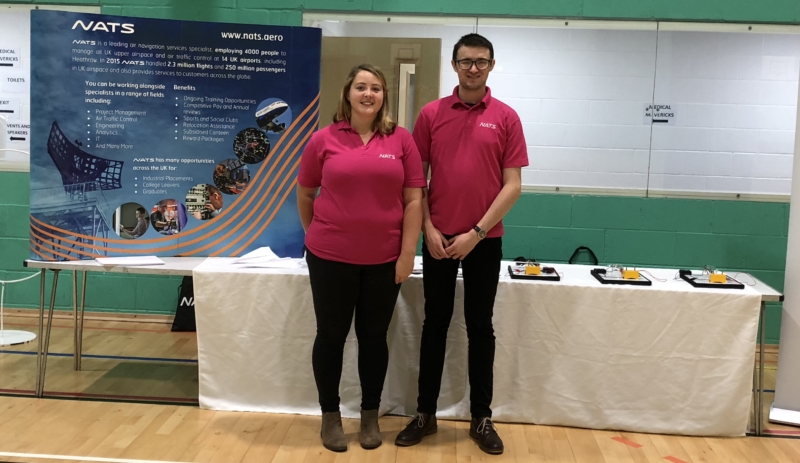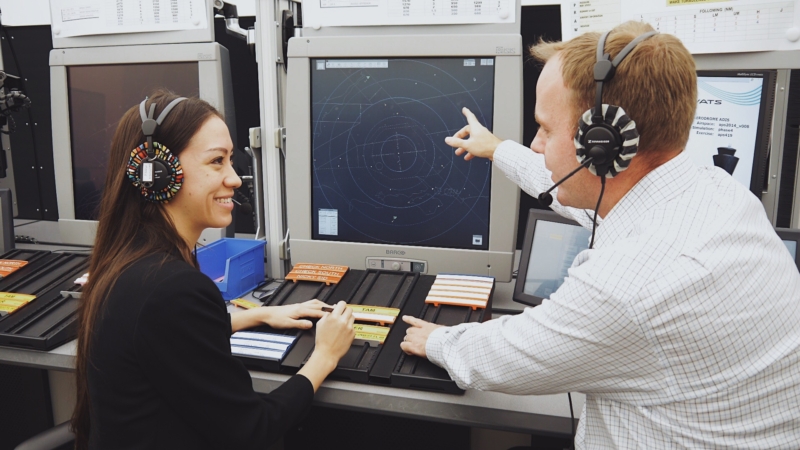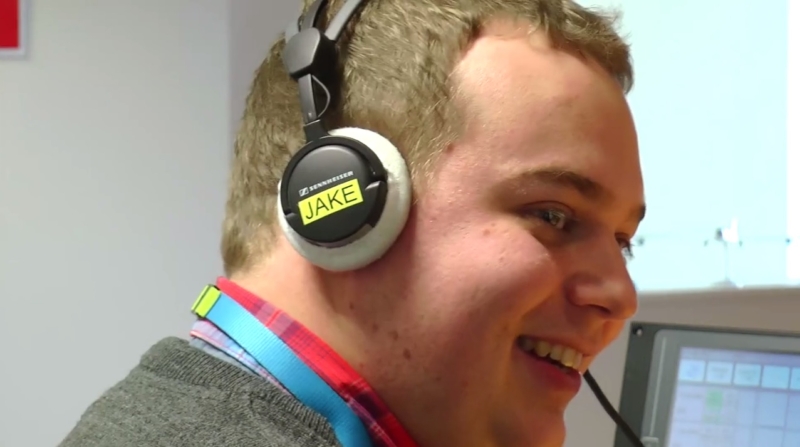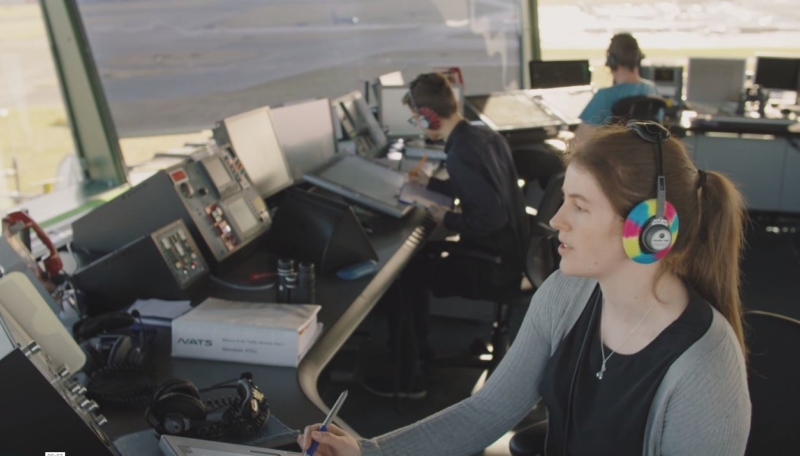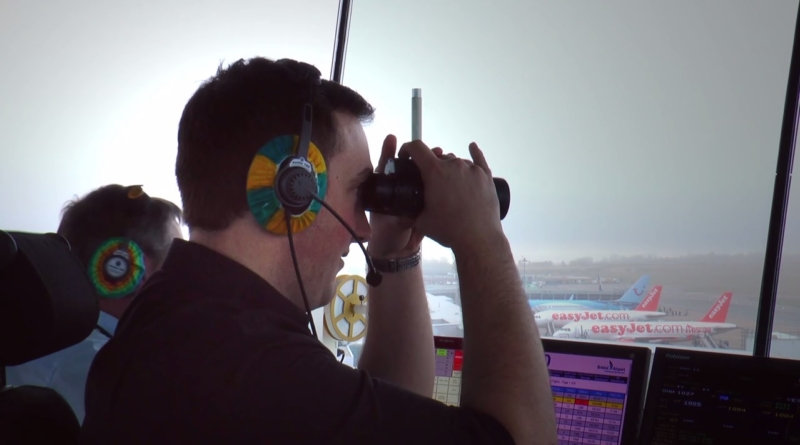Training
Working in the safety critical world of air traffic control, NATS has a strong record in the provision of peer support (Critical Incident Stress Management – CISM) to colleagues across the business. As the number of flights across the UK has dropped dramatically, a lot of our employees have been put on furlough. With more spare time on our hands, we were honoured to be asked to assist the NHS fulfil their own employee support helpline and play our part.
My first year as a NATS apprentice
20 March 2019Today is my first anniversary as a Business Management Support Coordinator Apprentice at NATS. I have developed an incredible amount over the last 12 months and feel really proud to be a part of the company.
Challenges of manning the skies in the Asia Pacific
21 December 2018The International Air Transport Association (IATA) is expecting 7.8 billion passengers to travel in 2036, nearly double the number in 2017. The biggest spike comes from the Asia Pacific region, which saw the highest air traffic growth of 9.6% last year, underscoring the tremendous growth of economies there.
To be completely honest, I didn’t really know this job existed until I came across it. I was teaching English in Japan for a few years, and then when I moved back to the UK I got involved with film directing. But I wanted a change of career, something that offered stability but was interesting […]
I’ve worked at NATS for 22 years now and have been an Air Traffic Controller for 19 of them! I trained for the first 3 years. I think in essence I’m still the same person that started all those years ago, and I still have the same passion for the job today as I did when I first “plugged in”.
Listening Squawk, Monitor Code or Frequency Monitor Code? Here’s the lowdown on how and when to use them…
7 July 2017Frequency Monitor Codes (FMCs) have now been in use in the UK for over 10 years and they’ve collected a range of names during that time such as Listening Squawks and Monitor Codes but they are all actually referring to the same thing.
Pilots are encouraged to use a FMC when they are flying outside controlled airspace, but close to controlled airspace boundaries, in order to increase situational awareness and help to combat infringements.
Second time lucky for trainee air traffic controller
26 September 2016Jake Longstaff is proof that if you want something hard enough you should never give up.
Five qualities every trainee air traffic controller needs
14 September 2016We asked instructors Lee McGregor and Steve Blanchard what five qualities every controller needs to have.
Becoming an air traffic controller: Hotel entertainer swaps pina coladas for binoculars
13 September 2016Stuart Tabberer has gone from entertaining holidaymakers in Cyprus to managing aircraft at Bristol, proving that air traffic controllers can come from all walks of life.
How do controllers train for unusual situations?
23 August 2016In tomorrow’s episode of BBC 2’s ‘Skies Above Britain’ you will see how the unique training is air traffic controllers go through to ensure they keep the skies safe if an unusual or emergency situation were to occur.

